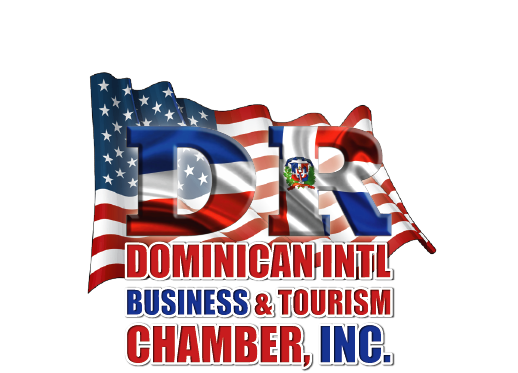Call us now:

By: Fulton Abraham Sánchez, CPA
Strategic Tax and Business Adviser
fa@fascpaconsultants.com
http://www.fascpaconsultants.com
The New York Times wrote an interesting article about the wealthy and their ways to lower their taxes. Click here for the full article. Below a summary.
Income defense industry
It is no secret that for decades there has been a massive division between the ultra-rich and the ordinary taxpayer. For years those affluent citizens have been trying to protect their assets through the so-called income defense industry. It is made up of very expensive lawyers and accountants, estate planners, and anti-tax activists. They have created and performed tax maneuvers, making up a whole private tax system for the very rich that remains untouchable for the not so well-off taxpayers.
Family Offices
Another establishment that helps the ultra-rich preserve their wealth are family offices. They have been existing since the 19th century when the star of Rockefeller arose but became popular less than 40 years ago. Most family offices look after only one well-off family and are in charge of anything related to investment strategies or even philanthropy. Their main purpose is to convert a certain type of income into another, taxed at a lower rate. To illustrate, instead of a salary or wages, the income of an affluent business owner, using the consultancy services of a family office will have his or her income coming from one of the following:
- Convoluted partnerships
- High-end investment funds
- Family trusts
- Offshore shell corporations
Since 2010, when the Dodd-Frank financial reform bill was passed, hedge funds can be converted into family offices. This is a strategy that the famous billionaire George Soros used to minimize his taxes. His fund was turned into a family office after he returned the capital to the trust’s remaining outside investors.
Bermuda-based reinsurer
For example. This is a business entity providing insurance for insurance companies. It used the income from such activity to invest it in its hedge fund. As a result, the short-term profits, taxed at 40% are converted into long-term ones, also known as capital gains, which are taxed at almost half this rate. Additional benefits to this tax loophole are that it allows the rich to defer taxes indefinitely.
Partnerships
Registering a business as a partnership as opposed to a corporation is a really smart move. Partnerships provide the opportunity to sell shares to the public and thus get easy cashout. At the same time, they pay no corporate income tax, unlike publicly traded corporations. This means that each partner is taxed individually on their own income and as a further advantage income taxes are often reduced by deductions, such as depreciation. The law does not make it particularly easy for the IRS to chase and collect underpaid taxes from organizations like these. Even in the cases where there are several hundred partners, the IRS will have to collect what is due from every partner individually and not from the partnership as a whole. Some changes have recently been made to this rule, but they seem to be quite relaxed and will only be enforced from 2018.
Charitable trusts
By putting their income in a charitable trust, wealthy individuals can claim deductions and therefore, offsetting the income tax. It works like the trust buys a private placement life insurance policy and invests the money on a tax-free basis in a number of hedge funds. The investor’s beneficiaries inherit the assets again tax-free after an annual percentage is deducted for payment to the charity.

